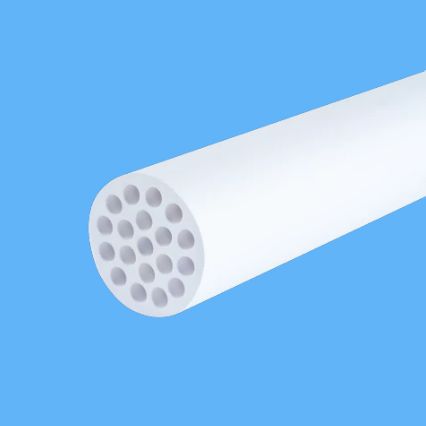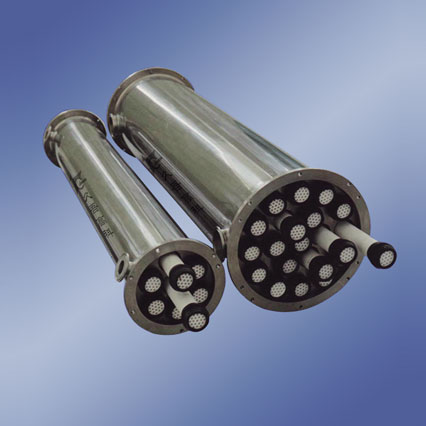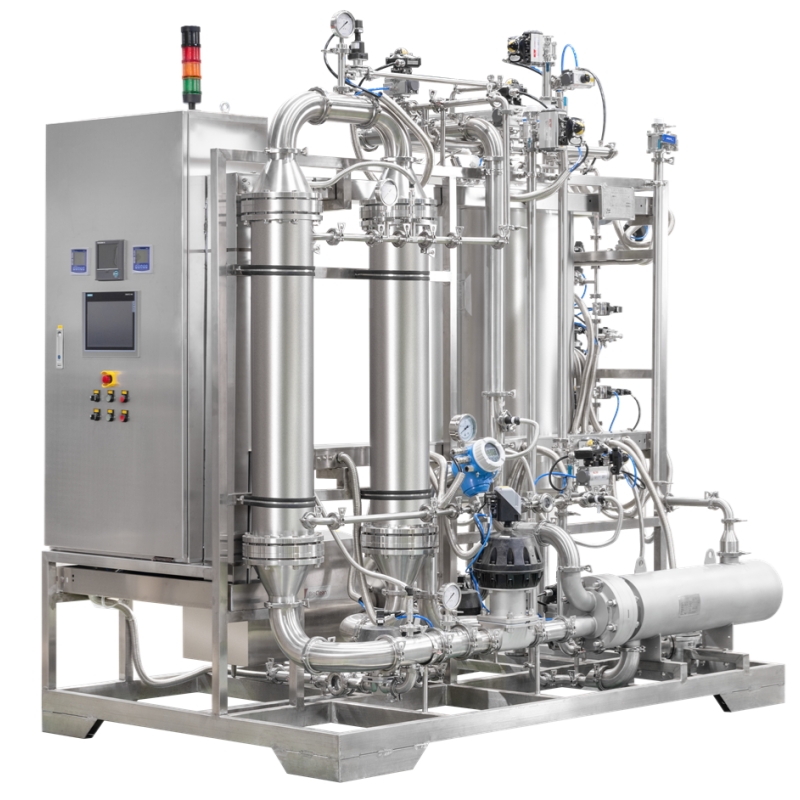Natural rubber, as initially produced, consists of polymers of the organic compound isoprene, with minor impurities of other organic compounds, plus water.
Currently, rubber is harvested mainly in the form of the latex from the rubber tree or others. The latex is a sticky, milky colloid drawn off by making incisions in the bark and collecting the fluid in vessels in a process called "tapping". The latex then is refined into rubber ready for commercial processing. In major areas, latex is allowed to coagulate in the collection cup. The coagulated lumps are collected and processed into dry forms for marketing.
Natural rubber is used extensively in many applications and products, either alone or in combination with other materials. In most of its useful forms, it has a large stretch ratio and high resilience and is extremely waterproof.
Centrifuged latex is processed into final articles by dipping, extruding, and coating. Different articles have different physical and chemical requirements, which means that the latex used in their manufacture must be modified by the addition of a great variety of substances that give each "formulation" its unique characteristics.
These characteristics are well-specified and must be carefully controlled.
Skim latex is generated during natural rubber processing centrifuged into fresh latex to become concentrated latex. Skim latex is a raw material for producing skim rubber block according to the low content of rubber particles in the range of 4-8% DRC.
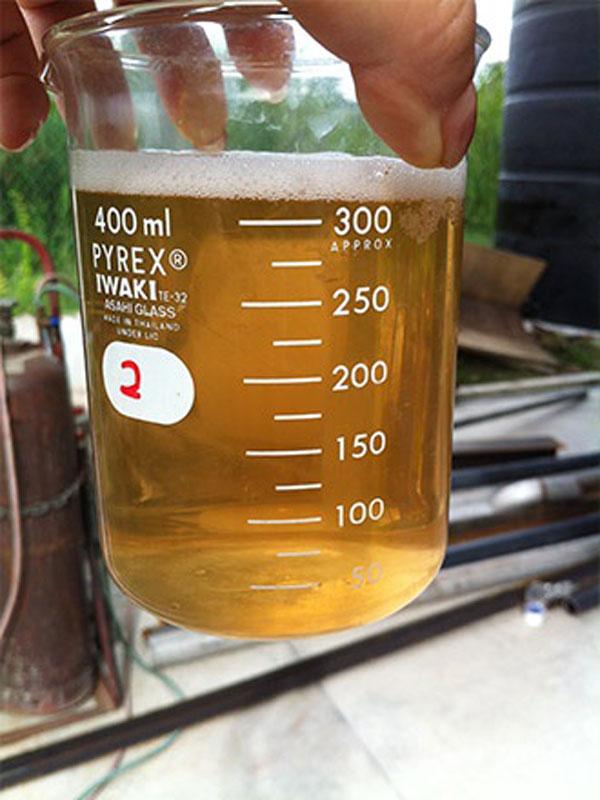
Traditionally, skim latex is treated with sulphuric acid to produce cheap, low-quality rubber products of 5% skim rubber content. Not only does this method consume large quantities of the acid, which results in high production cost, more importantly, causing harmful pollutants to the environment.
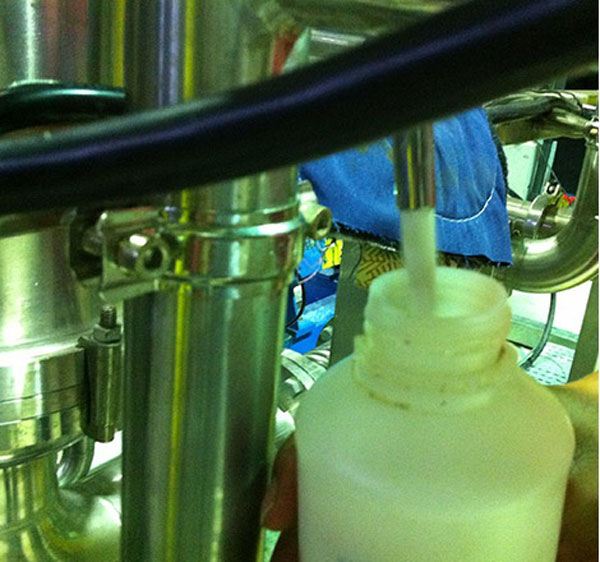
JIUWU offers a safer, cheaper and greener option to produce skim rubber products of high quality. Through ceramic membrane filtration system, the rubber content in recovered skim latex can be concentrated to more than 15%, the same value in natural rubber without any form of chemical treatment. At the same time, permeate can be recycled.
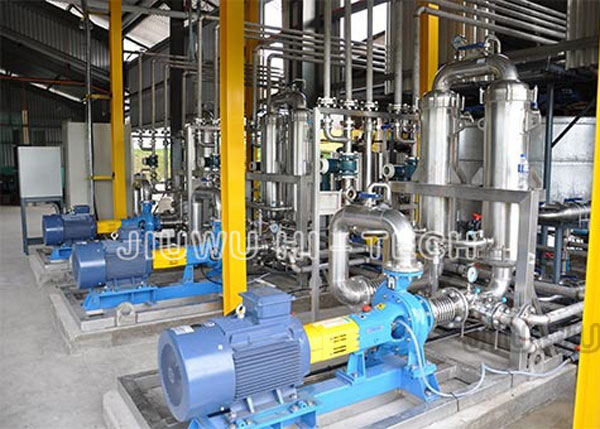
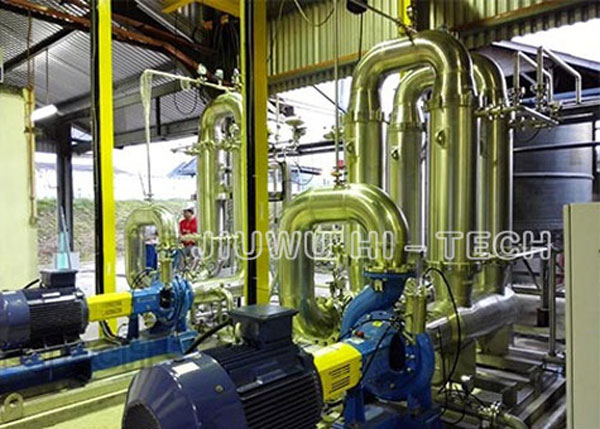
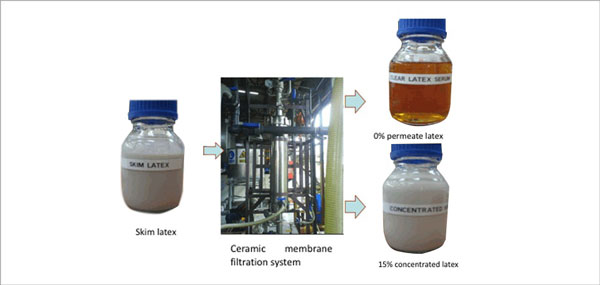
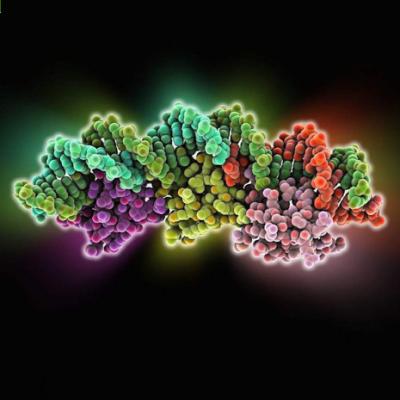
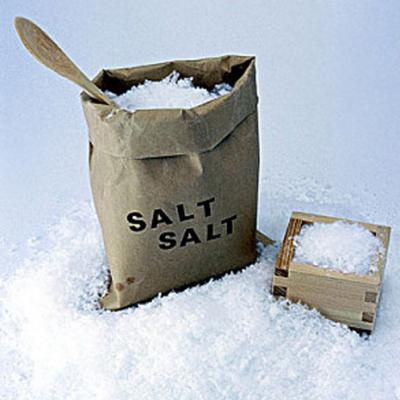
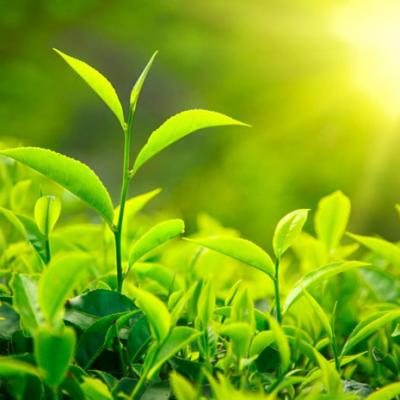
we will contact you within 24 hours.
 +86-25-58849045
+86-25-58849045
 +86-25-58749295
+86-25-58749295
 jiuwu@jiuwu.com
jiuwu@jiuwu.com
 No. 9 Park Road, Pukou District, Nanjing City (Sanqiao Factory)
No. 9 Park Road, Pukou District, Nanjing City (Sanqiao Factory) Call us on:
Call us on:  Email Us:
Email Us:  No. 9 Park Road, Pukou District, Nanjing City (Sanqiao Factory)
No. 9 Park Road, Pukou District, Nanjing City (Sanqiao Factory)

 English
English 한국어
한국어 français
français русский
русский Español
Español